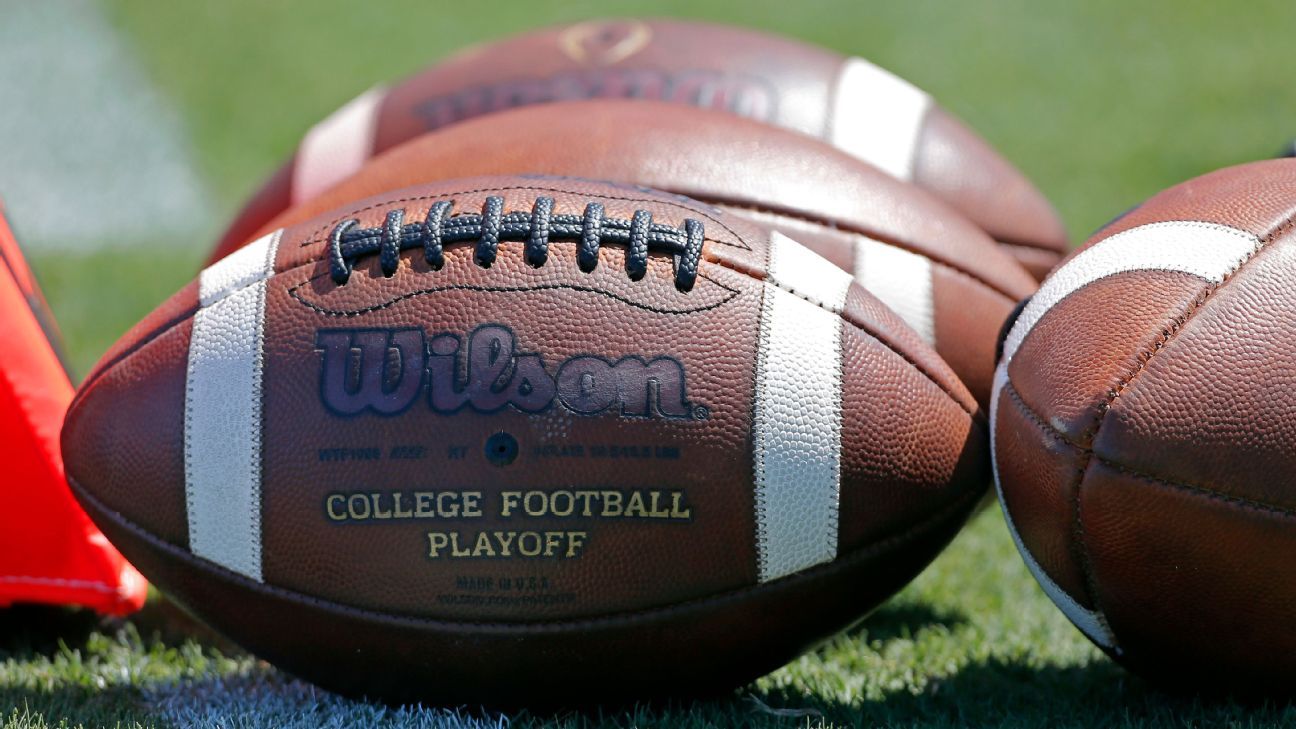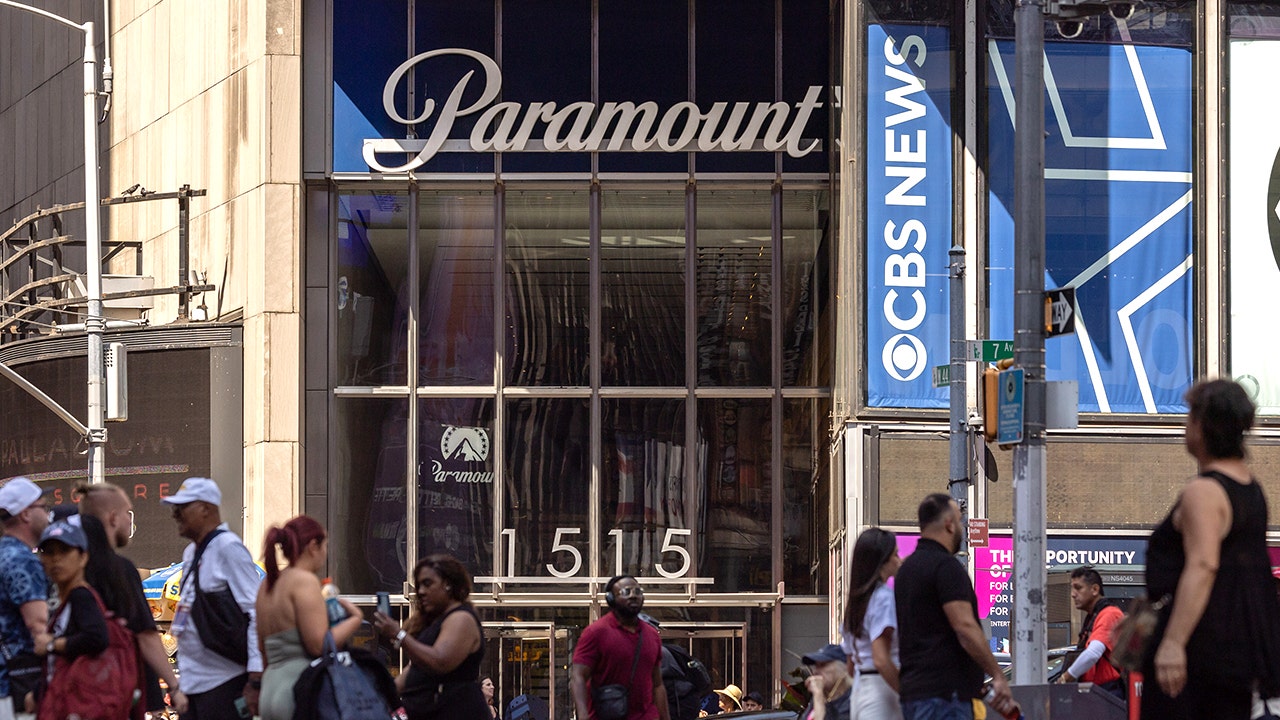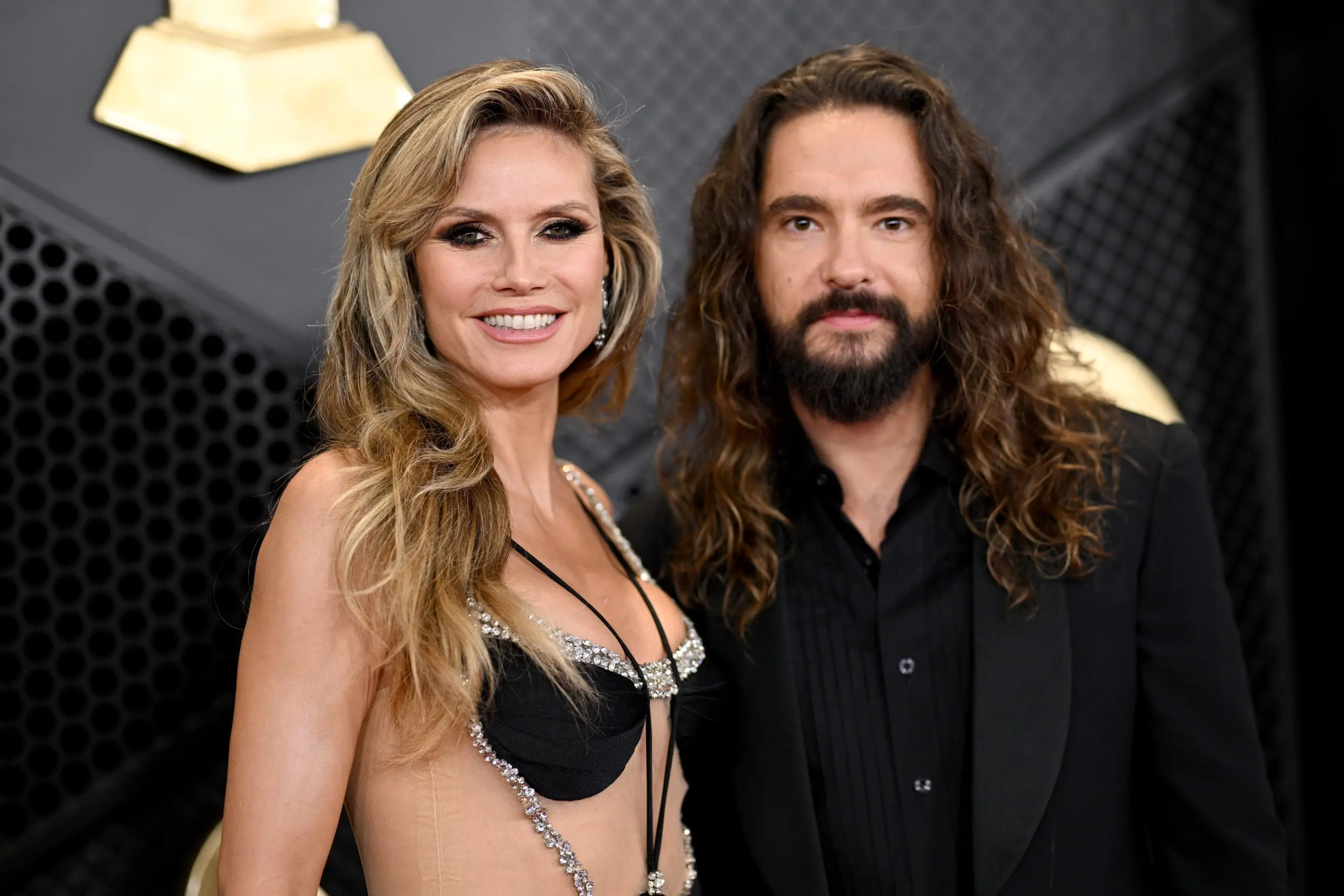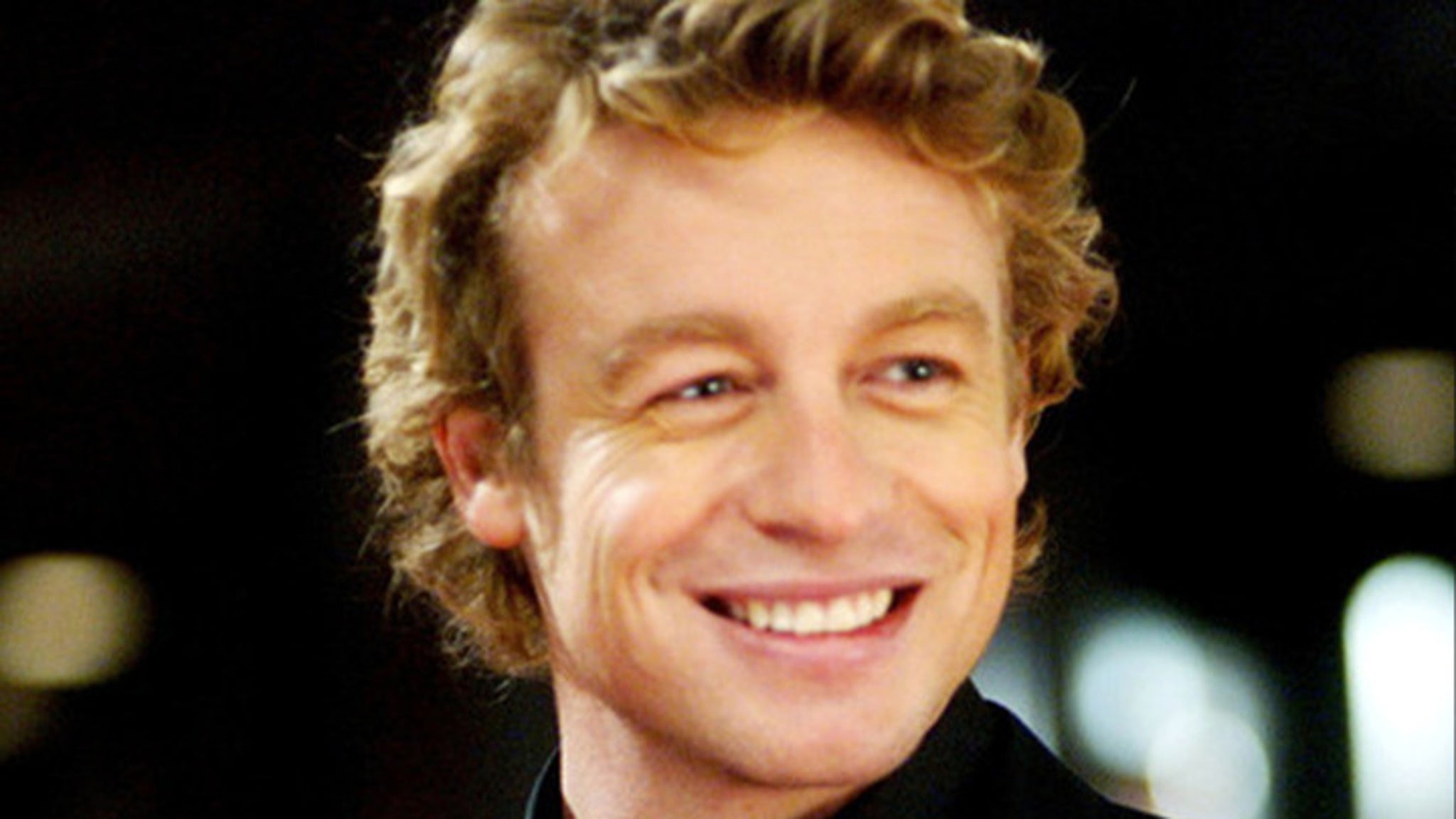College Sports Commission loosens prohibition on NIL payments
The College Sports Commission has loosened its blanket prohibition on athletes receiving payments from NIL collectives, according to a memo the new enforcement agency sent to athletic directors Thursday morning.
The collectives, an evolving industry built to funnel money to athletes at a particular school, will still face significantly more scrutiny when trying to sign deals with players than they had in past years.
Thursday’s memo from the CSC, which revises guidance it first issued three weeks ago, ends the first notable scuffle under the industry’s new enforcement structure without needing to return to a courtroom. However, it provides more of a punt than a definitive answer to an essential question for the future of how major college sports will function: Will wealthy teams and their boosters be able to game the system designed to create competitive balance?
The new rules say athletes and collectives will have to show that each deal they sign requires the athlete to promote a product or service that is being sold to make a profit rather than just being a vehicle to channel money from boosters to athletes. Collectives might need to show documentation of “the entity’s effort to profit from the deal,” according to the memo.
College athletes can now make money in two ways: via direct payments from their school and through endorsement contracts with third parties. As part of a landmark legal agreement known as the House settlement, which was finalized in June, lawyers for the athletes and the schools agreed to put a cap on direct payments starting at $20.5 million per school in the coming academic year.
During the previous four years, when only NIL payments were permitted, a cottage industry of collectives evolved to provide their teams with a de facto payroll. Many of those groups gathered money from fans and wealthy boosters to give to athletes in exchange for some minimal endorsement. Some collectives also acted as marketing agencies — pairing up athletes with local companies for endorsements — or launched subscription-based businesses to help fans connect with the players on their favorite team.
In an effort to keep teams from using their collectives to circumvent the new $20.5 million spending cap, the terms of the House settlement state that all deals with “associated entities” (essentially collectives and boosters) have to be for a “valid business purpose” and fall within a reasonable range of compensation. A $1 million deal for a player to make a few social media posts, for example, won’t be allowed.
“Pay-for-play will not be permitted, and every NIL deal done with a student-athlete must be a legitimate deal, not pay-for-play in disguise,” CSC CEO Bryan Seeley said Thursday.
The CSC is a new organization in charge of vetting all third-party deals to make sure they comply with the terms of the settlement. The conferences and CSC are using a platform called NIL Go, operated by Deloitte, to vet those third-party deals. The new guidelines mean that each deal will need to be evaluated on a case-by-case basis with subjective analysis rather than running them through an algorithm, which will likely require more manpower than the fledgling enforcement group with only three employees thus far initially planned.
The CSC issued its initial ban on collectives July 10, less than two weeks after opening its doors. Several collectives told ESPN they felt the ban painted with too broad of a brush and unfairly outlawed their industry.
“Today’s development is a significant step forward for student-athletes and the collectives that support them,” said Hunter Baddour, executive director of an industry group called The Collective Association. “By eliminating unnecessary roadblocks, this agreement moves us closer to treating NIL collectives like every other legitimate business operating in the college sports ecosystem.”
Some collectives have been consulting with high-profile college sports attorney Tom Mars to evaluate potential legal action. Mars told ESPN on Thursday that the new guidance doesn’t necessarily rule out the potential for a lawsuit coming from the collectives but that it does “definitely change the situation for the better for collectives.”
“It should be concerning that it took the commissioners more than a week to agree on the language of the new CSC guidance,” Mars said.
Attorneys Jeff Kessler and Steve Berman, who represented all Division I athletes in the House settlement, sent a letter to the CSC two weeks ago stating that the ban on collectives overstepped the terms of the settlement. Kessler and Berman negotiated with lawyers from the NCAA, CSC and the power conferences during the last two weeks to revise the guidance.
Kessler and Berman did not immediately respond to requests for comment.
The adjusted rules likely open some loopholes for creative boosters to continue funneling money to athletes for recruiting purposes via deals that are crafted as endorsements on paper. However, college sports leaders are hopeful that the various restrictions that remain in place will provide enough friction to keep deep-pocketed schools from gaining an insurmountable advantage in what they’re able to pay their players.
Source link
editor's pick
latest video
Sports News To You
Subscribe to receive daily sports scores, hot takes, and breaking news!




